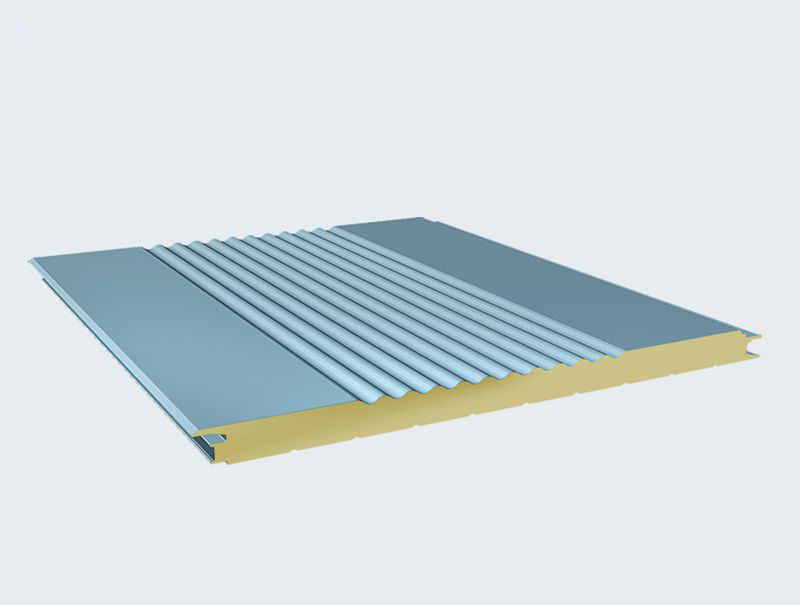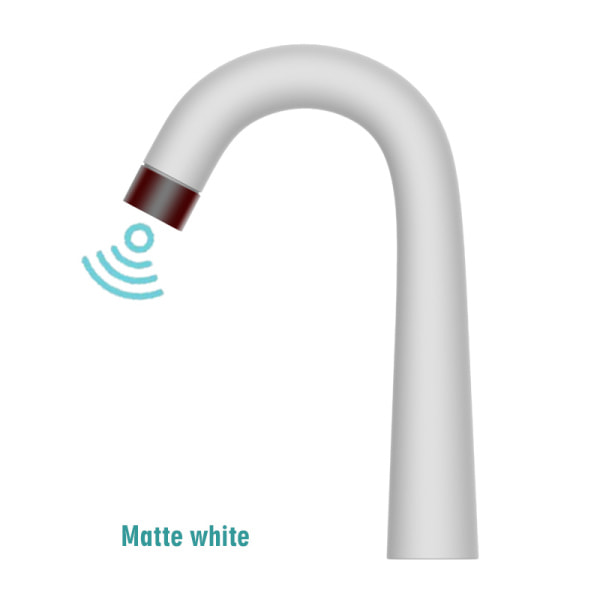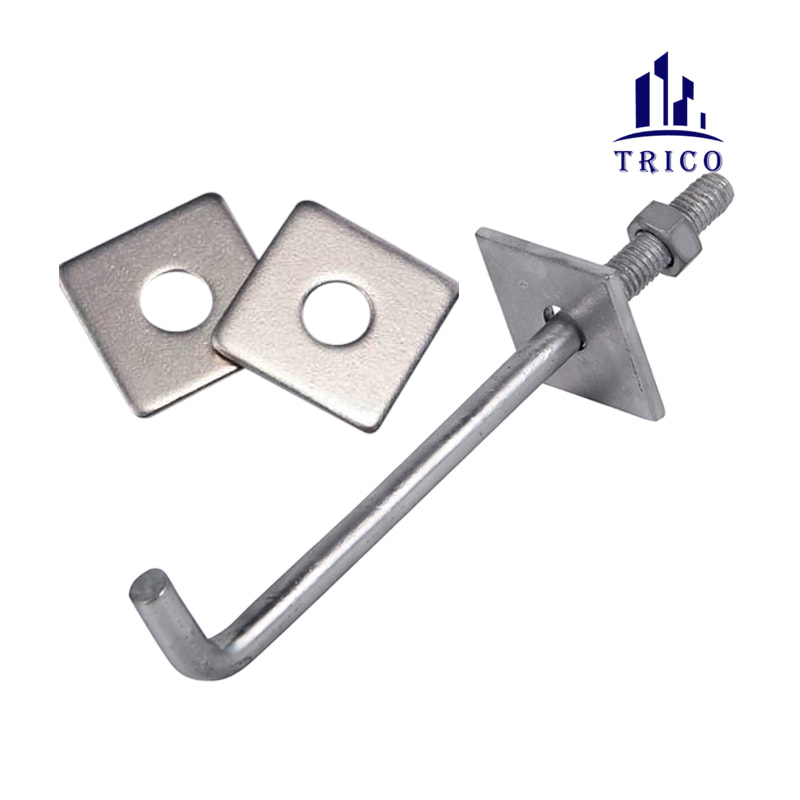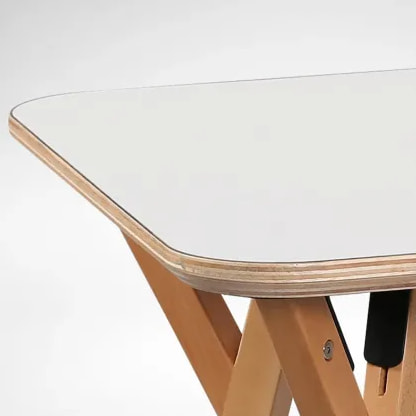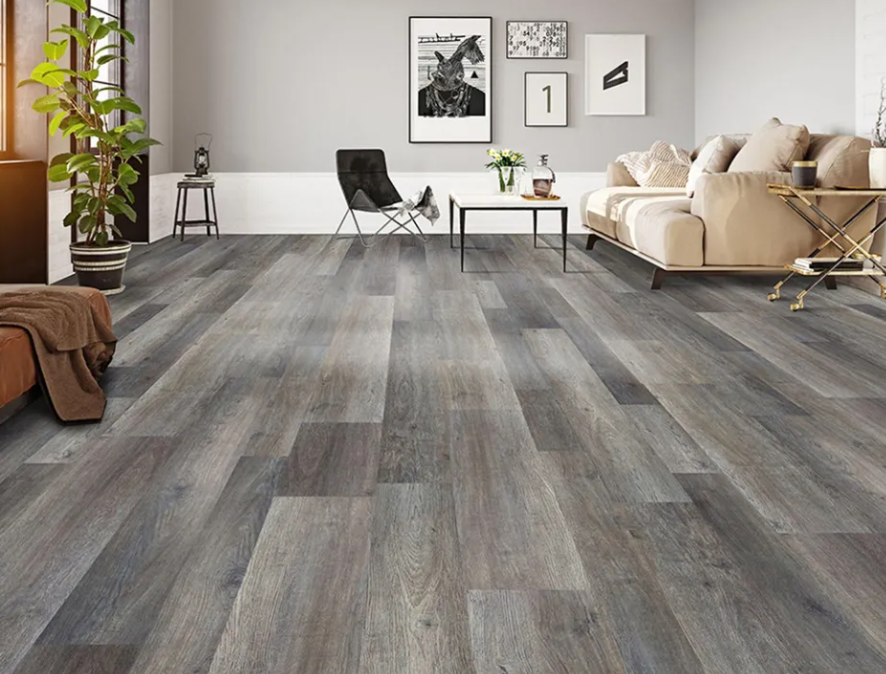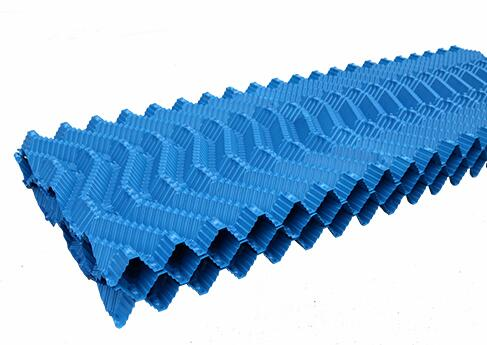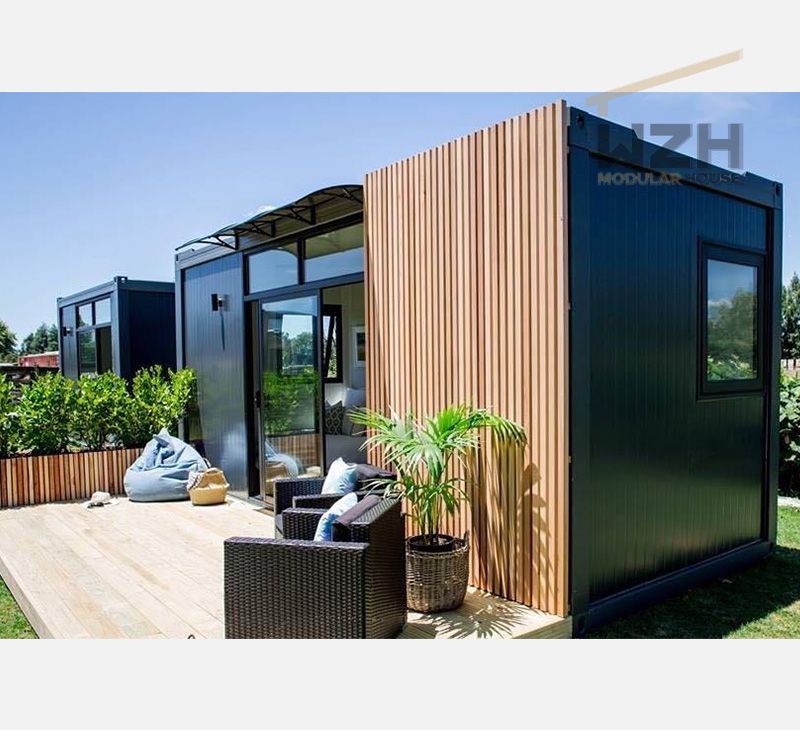What are composite panels used for?
Introduction
Composite panels, also known as sandwich panels, have rapidly gained popularity in various industries due to their versatility, durability, and cost-effectiveness. These panels are constructed by layering different materials, often including a core material and outer facings, to create a single, cohesive unit. The combination of materials allows composite panels to exhibit specific properties that make them ideal for a wide range of applications. In this article, we will explore the diverse uses and applications of composite panels and their significance in today's world.
Building and Construction
Composite panels are extensively used in the building and construction industry. They offer a myriad of advantages, making them a preferred choice for various applications in both residential and commercial construction projects.
a. Wall Cladding: Composite panels serve as excellent cladding materials for building exteriors. They are lightweight, easy to install, and provide insulation and protection from weather elements. The panels can also mimic the appearance of natural materials, such as wood or stone, enhancing the aesthetic appeal of structures.
b. Roofing: Composite panels are widely used for roofing, especially in industrial and commercial buildings. Their insulating properties help maintain temperature control and energy efficiency within the building. Additionally, they are known for their water-resistance and durability.
c. Insulation: Sandwich panels are employed as thermal and sound insulation materials within walls and roofs. The insulating core of these panels can effectively regulate indoor temperatures, reduce energy costs, and provide acoustic insulation.
d. Partitions and Ceilings: Composite panels are used in interior applications like partition walls and suspended ceilings. They offer a clean and modern look while providing acoustic insulation and fire resistance when needed.
Transportation
Composite panels play a significant role in the transportation industry, contributing to the development of lighter and more fuel-efficient vehicles.
a. Aircraft: The aerospace sector widely utilizes composite panels for aircraft construction. These panels are lightweight, durable, and possess excellent strength-to-weight ratios. The reduction in weight helps enhance fuel efficiency, making them an ideal choice for the aerospace industry.
b. Automotive: In the automotive industry, composite panels are used for the construction of vehicle bodies, especially in electric and hybrid vehicles. The lightweight nature of these panels improves the overall efficiency and range of electric vehicles while maintaining structural integrity.
Furniture and Interior Design
Composite panels have found their way into the world of interior design and furniture manufacturing.
a. Cabinets and Furniture: Furniture manufacturers use composite panels to create cabinets, shelves, and tables. These panels are favored for their durability, resistance to moisture, and the ability to achieve various finishes, from glossy to matte.
b. Decorative Surfaces: Composite panels are also used for decorative wall panels, doors, and other interior surfaces. They offer a wide range of design options, including various colors, textures, and patterns.
Industrial Applications
Industrial settings frequently make use of composite panels for diverse purposes.
a. Cleanrooms: Composite panels are the preferred choice for constructing cleanrooms in pharmaceutical and semiconductor industries. The panels provide a controlled environment with precise temperature, humidity, and particle control.
Suggested reading:14 Things You Should Know About Geotextile
The Difference Between Corrugated Metal Culvert and Plastic Corrugated Pipe
The Superiority of HDPE Pipes in Potable Water Systems
What is Flooring Felt? A Comprehensive Guide to Felt Flooring and Finding a Reliable Supplier
Choosing the Right Window Screen: Stainless Steel vs. Aluminum Mesh
How Long Does Geotextile Membrane Last?
Are Aluminium Sliding Doors Safe?
b. Cold Storage: In the food and beverage industry, composite panels are used to build cold storage facilities, ensuring airtight and thermally efficient environments to preserve products at low temperatures.
Transportation Containers
Composite panels are essential in the production of transportation containers like shipping containers and refrigerated trailers. They offer excellent strength, durability, and insulation properties, ensuring the safe and efficient transport of goods.
Marine Industry
The marine industry takes advantage of composite panels for boat construction, as they are resistant to corrosion and provide buoyancy. Composite panels are commonly used for boat hulls, decks, and cabin interiors. Their lightweight properties also help improve the overall efficiency and performance of boats.
Renewable Energy
Composite panels have made their way into the renewable energy sector, contributing to the development of energy-efficient products.
a. Solar Panels: Some solar panels incorporate composite materials in their construction to enhance durability and reduce the weight of the panel. Lighter panels are easier to transport and install, making solar power systems more accessible.
Signage and Displays
Composite panels are popular choices for signage and displays due to their lightweight and durable properties. They can be customized with high-quality prints and graphics, making them ideal for advertising and promotional materials.
Agriculture and Farming
Agricultural buildings and facilities often employ composite panels for their construction. These panels provide insulation, allowing for controlled temperature environments suitable for various agricultural activities, such as livestock farming and crop storage.
Sports and Recreational Equipment
The sports and recreation industry utilizes composite panels in the production of equipment like kayaks, paddleboards, and snowboards. The lightweight and durable nature of these panels ensures the longevity and performance of these products.
Healthcare
In the healthcare sector, composite panels are used in the construction of medical facilities and cleanrooms. They provide a sterile and controlled environment, which is crucial in healthcare settings to maintain hygiene and safety standards.
Renewable Energy
As the world increasingly embraces renewable energy sources, composite panels have found a place in the production of wind turbine blades. These panels offer the necessary strength-to-weight ratios and durability required for efficient wind energy generation.
Conclusion
Composite panels have revolutionized various industries due to their versatility, durability, and adaptability. Their unique combination of materials and properties makes them a popular choice for applications in construction, transportation, furniture, interior design, industrial settings, and more. As technology advances and the demand for lightweight, energy-efficient, and environmentally friendly solutions continues to grow, composite panels are likely to play an even more significant role in shaping the future of various industries. Their applications are wide-ranging, and their impact is undeniable, making composite panels an essential part of modern manufacturing and design. We also have pu panel wall for sale, if you need, please contact us.
Pros and Cons of Building a Granny Flat
What is a bulldozer used for in construction?
Differences Between Pipe Joints And Pipe Fittings
How much does it cost to build a shipping container house?
Is Birch plywood good for laser cutting?
How to Enhance Concrete with Polypropylene Fiber: A Step-By-Step Guide
What factors should I consider when choosing my shipping container house?


